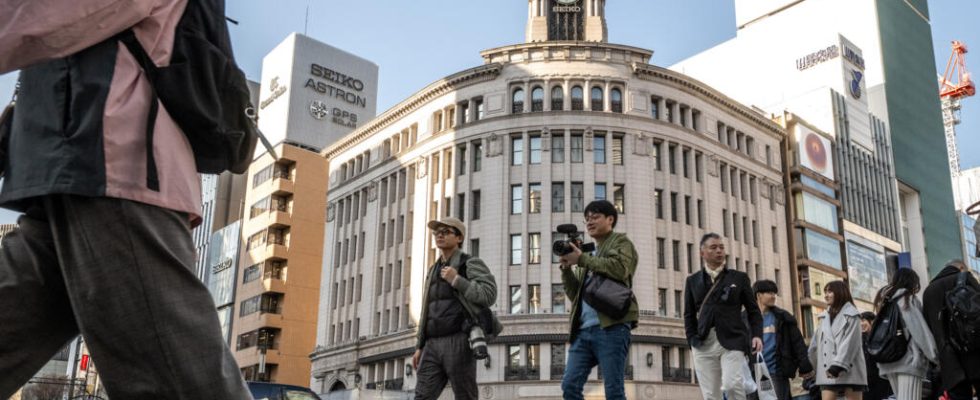In Japan, the major annual salary negotiations are coming to an end. These promise to be historic. In many companies, salaries could increase by 5% or more. This would be unheard of in thirty years. And this would mean that the archipelago is finally turning the page on deflation, which has undermined its economy since the 1990s. Except that in reality, many employees will not benefit from such largesse.
2 mins
With our correspondent in Tokyo, Bruno Duval
At Japan, almost 80% of respondents do not share the enthusiasm of the government and social partners regarding the result of the salary negotiations which are coming to an end. This difference in perception is due to the fact that 70% of employees work in small or medium-sized companies, which, unlike large groups, do not have the means to significantly increase salaries. What Tokyoites testify to below.
“ My increase will not compensate for inflation. So, in the end, I will be a loser », testifies one of them. “ For the first time in twenty years, I will be increased, but only by 2%. For me, therefore, the moment is anything but “historic”, as the government says », adds this other person. “ Employers should be more generous, but they do not feel pressured since only 16% of employees are unionized. », Details another interviewee. “ Even if I get a 5% increase – which will probably not be the case – I will continue to spend as little as possible: I won’t get by financially. », Finishes a last inhabitant of the Japanese capital at our microphone.
Salaries generally quite low
Salaries are not very high in Japan: 2,000 euros per month on average, or even barely 1,500 euros for the 40% of employees who only have precarious, sub-statutory or irregular employment. In addition, for 22 months, the amount of real salary taking into account inflation decreases.
Many Japanese are therefore tightening their belts. Household consumption has been declining for almost a year. And for the government, this is the big pitfall.
Also listenJapan: the Nikkei index is booming, a good sign for the country’s economy?
